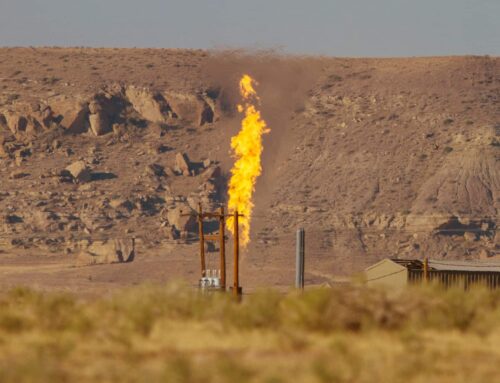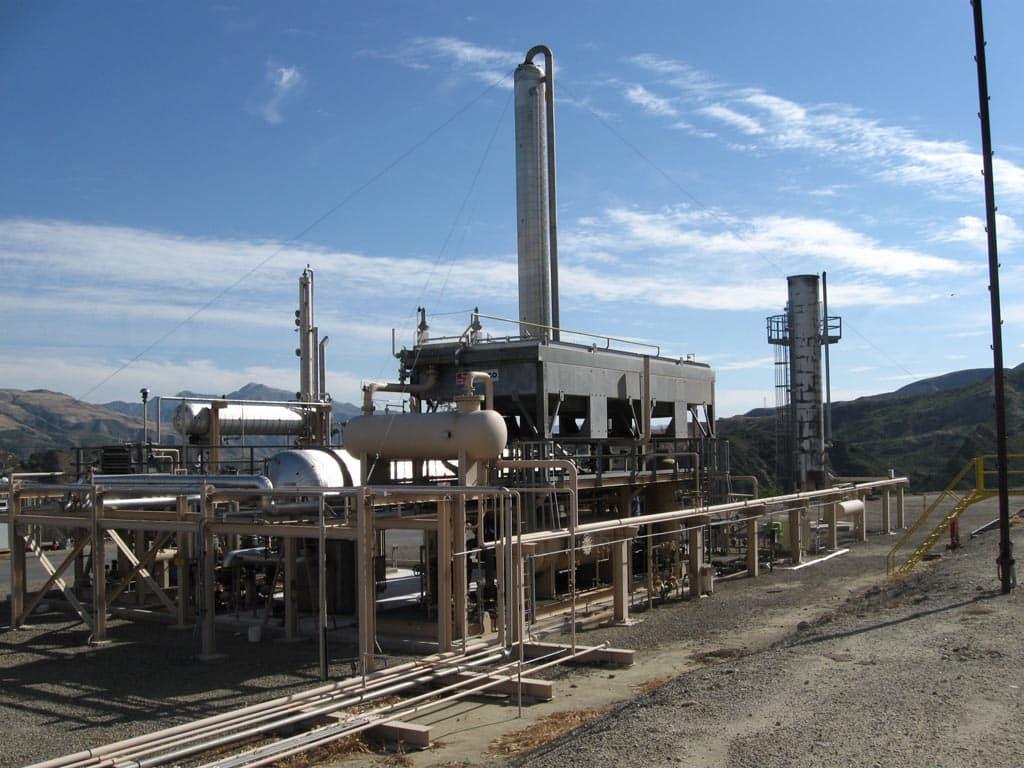On Tuesday, the House Appropriations Committee held a markup of the Fiscal Year (FY) 2020 energy and water funding bill. The bill provides $46.5 billion for energy and water related programs an increase of $8.7 billion over the President’s FY20 request and $1.8 billion over FY19 enacted levels. The bill passed by a margin of 10 votes, with 31 for the bill and 21 against.
In her opening remarks, Rep. Marcy Kaptur (D-OH), Chairwoman of Energy and Water Subcommittee, lauded the bills commitment to technological development in the energy industry. She cited programs like Energy Efficiency and Renewable Energy and ARPA-E within the Department of Energy (DOE) which received $2.7 billion and $425 million in the house bill, an increase of $272.1 million and $59 million over 2019 enacted levels, respectively.
Ranking Member Mike Simpson (R-ID), in his opening remarks thanked democrats for keeping an open mind about energy spending but expressed disappointment that overall DOE nuclear funding was kept relatively flat compared with FY19 enacted spending levels. The bill provides $1.3 billion for nuclear energy programs, a decrease of $8.3 million from the FY19 spending bill.
| Energy & Water Appropriations – Breakdown ($, millions) | FY19 Enacted | FY20 Request | House Bill | Compared to FY19 | Compared to Request |
| NNSA | 15,229 | 16,485 | 15,894 | + 666 | – 32,379 |
| Energy Programs | 13,472 | 8,349 | 14,198 | + 726 | – 22,548 |
| Environmental and Other Defense Activities | 6,884 | 6,568 | 6,895 | + 11 | – 13,463 |
| USACE | 6,999 | 4,827 | 7,356 | + 357 | – 12,183 |
| Bureau of Reclamation | 1,565 | 1,120 | 1,648 | + 83 | – 2,768 |
| Independent Agencies and Other | 511 | 470 | 487 | – 25 | – 957 |
| Total Bill | 44,660 | 37,819 | 46,478 | + 1,817 | – 84,297 |
Representatives introduced five separate amendments during the markup. Two of the amendments were adopted, while two did not pass and one was withdrawn. Of the two amendments that were adopted, one increased funding for the everglades in Florida, which enjoyed bipartisan support and was agreed to in a voice vote. The second amended the bill to allow certain organizations responsible for overseeing the cleanup efforts at the Hanford Site nuclear production complex, to qualify for funding under the bill.
Stay tuned for additional coverage of the appropriations process.










